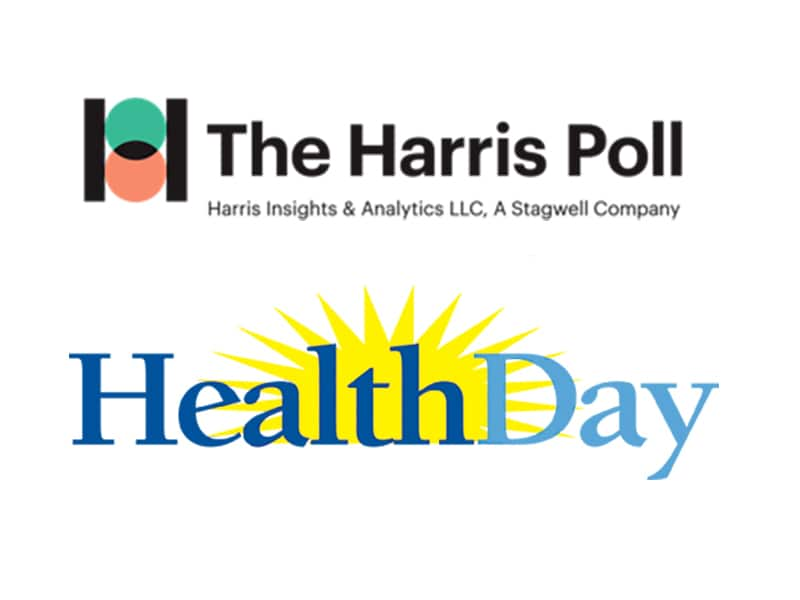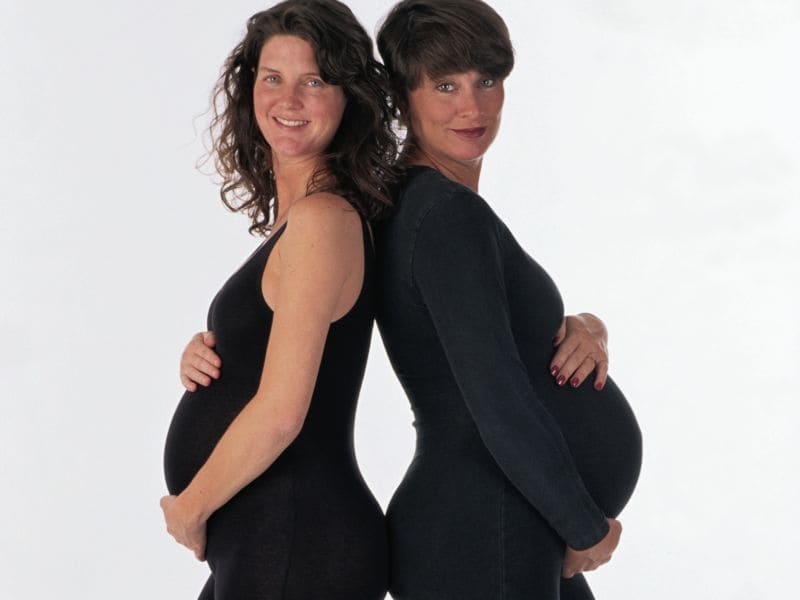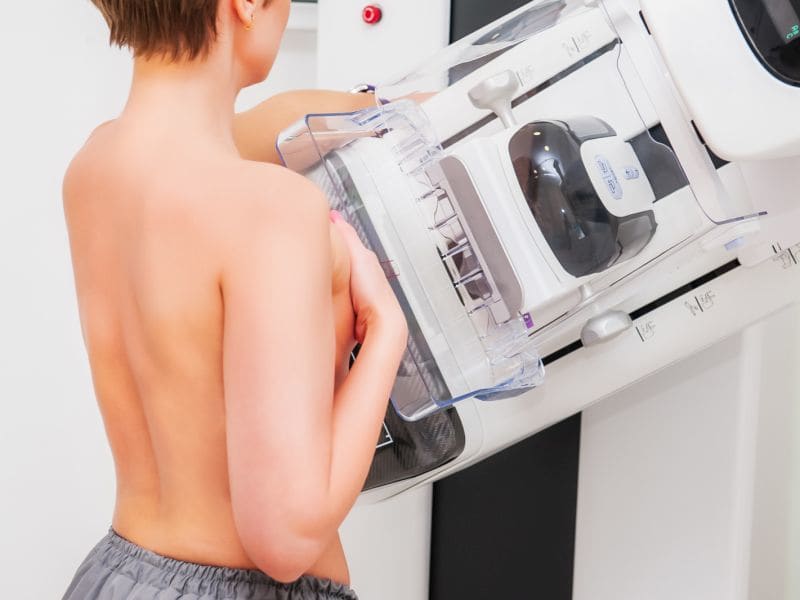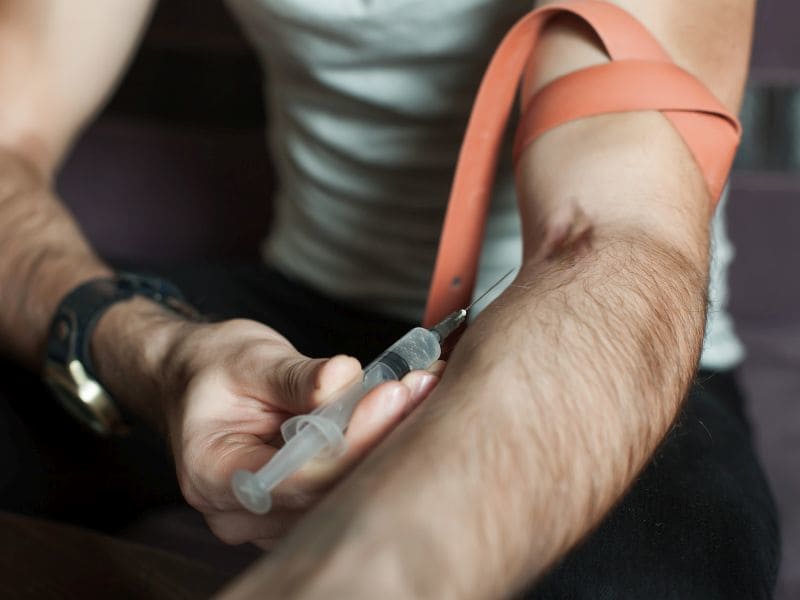
With sales of electronic cigarettes skyrocketing, Americans remain divided on whether the devices are a boon or a threat to public health. That’s the main finding of a new HealthDay/Harris Poll that surveyed over 2,000 adults on their e-cigarette views. Vaping has long been promoted as a way to help smokers kick the habit —… read on >





























